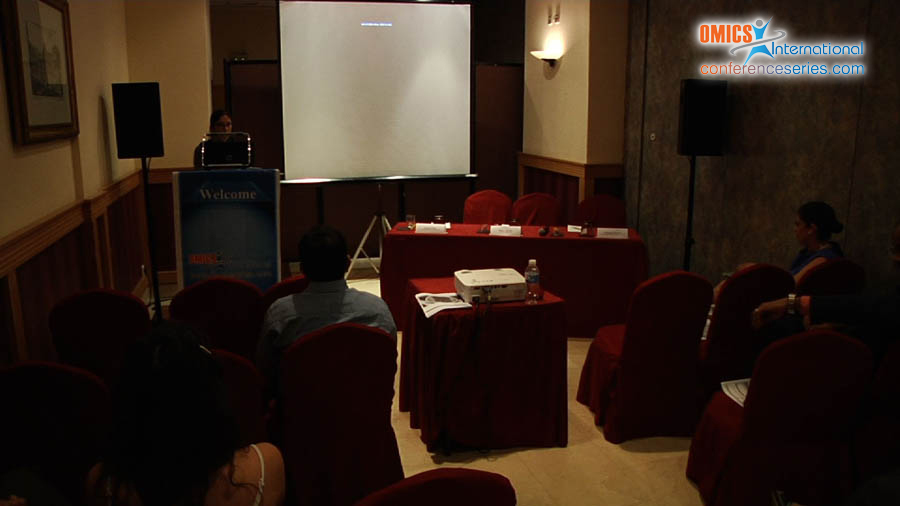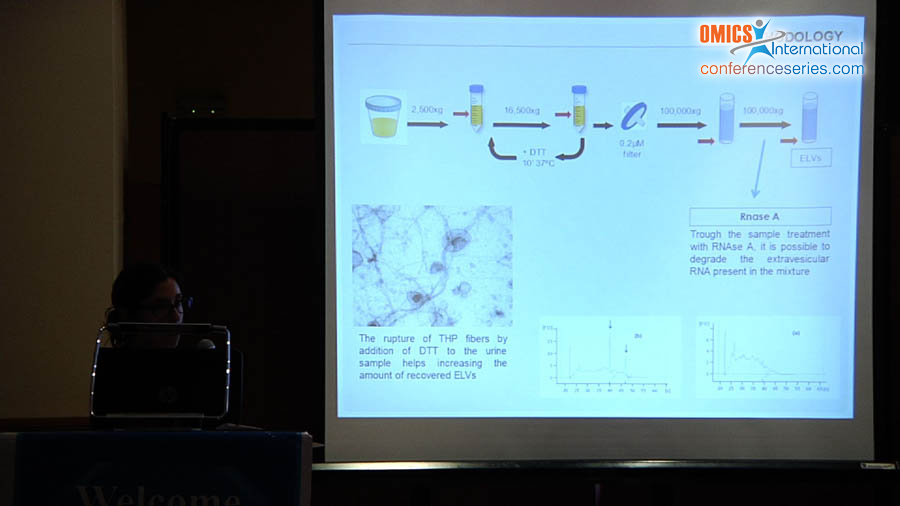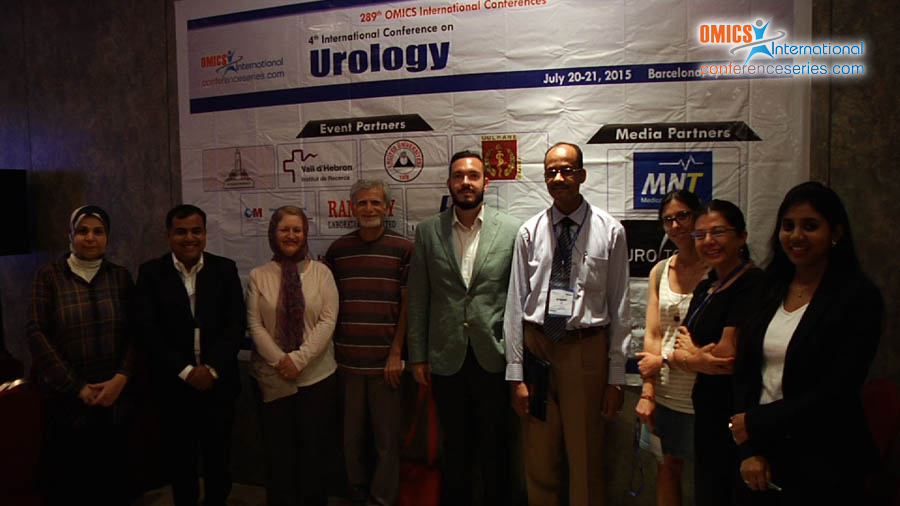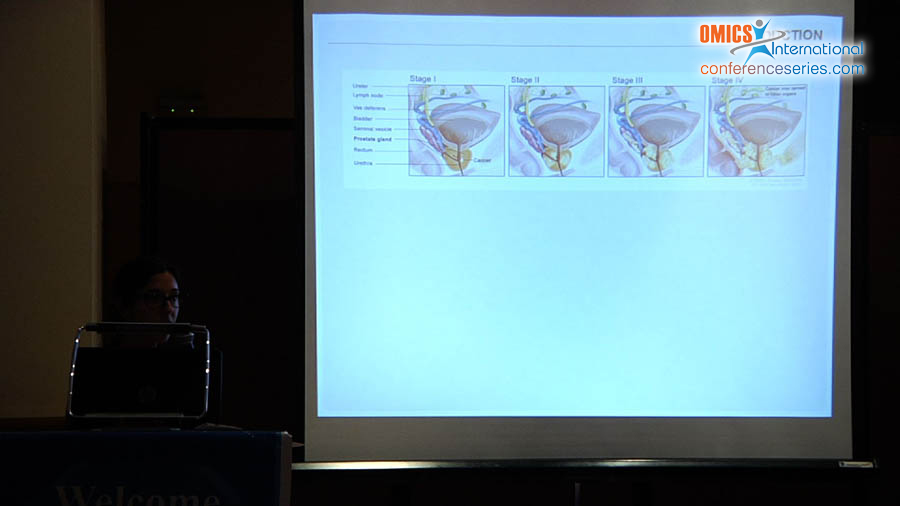4th International Conference on Urology

Mireia Olivan Riera
Vall d’Hebron Institute of Research, Spain
Title: Protein biomarkers in urinary exosome for the diagnosis of prostate cancer
Biography
Biography: Mireia Olivan Riera
Abstract
Background: Rapid and reliable diagnosis of prostate cancer (PCa) is highly desirable. Sensitivity and failure rate of current methods for diagnosis limit the success to early detect this type of cancer and consequently advanced disease is often encountered. Furthermore, the identification of PCa biomarkers that can classify patients into high- and low-risk groups of disease progression and therefore help in the treatment decision-making is a major area of ongoing research.
Objectives: Since the prostate is in direct contact with the urethra, desquamated cells and secreted products including exosomes like vesicles (ELV) are abundant in human urine and serve as potential source for PCa biomarkers. In this study we aimed to identify protein biomarkers in urinary exosomes for early non-invasive detection and stratification of PCa.
Methods: Protein biomarker candidates for PCa were initially identified from a discovery phasedone in urinary exosomes isolated by ultracentrifugation from urine obtained after digital rectal examination. Specifically, label-free LC-MS/MS protein quantitation was performed on 24 samples: 8 benign samples, 8 low-risk PCa samples (Gleason=7(3+4)) and 8 high-risk PCa samples (Gleason>7). Proteins significantly changing in abundance were selected for further selected reaction monitoring (SRM) validation in 53 urinary exosomes samples from PCa patients and 54 from benign counterparts.
Results & Discussion: We identified 1673 proteins including PSA, PSMA and ACPP and selected a panel of 64 candidates for validation by SRM. Ultimately we identified a profile of 2 novel urinary exosome-associated protein biomarkers after the comparison between benign and PCa patients and a promising profile of 5 proteins able to significantly distinguish between high (Gleason ≥7 (4+3)) and low (Gleason ≤7 (3+4)) risk patients. The presence of the candidates was confirmed in urinary exosomes of PCa and benign prostate pathologies patients by western blot and analyzed in TMA PCa samples. In summary, our proteomic studies identified a list of markers which are very good candidates for evaluation of their clinical utility in future studies in order to reduce PCa related over-diagnosis and over-treatment.




